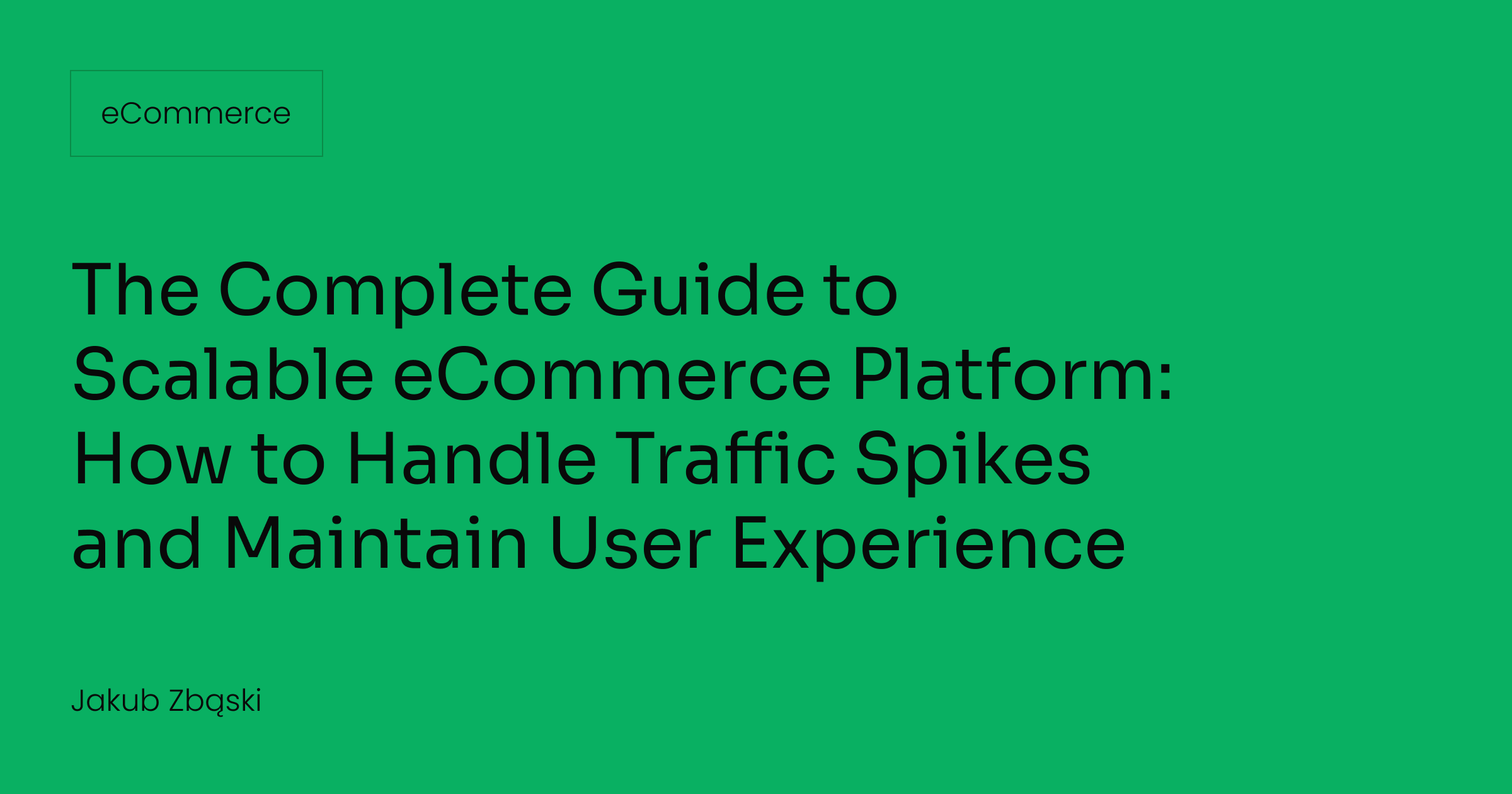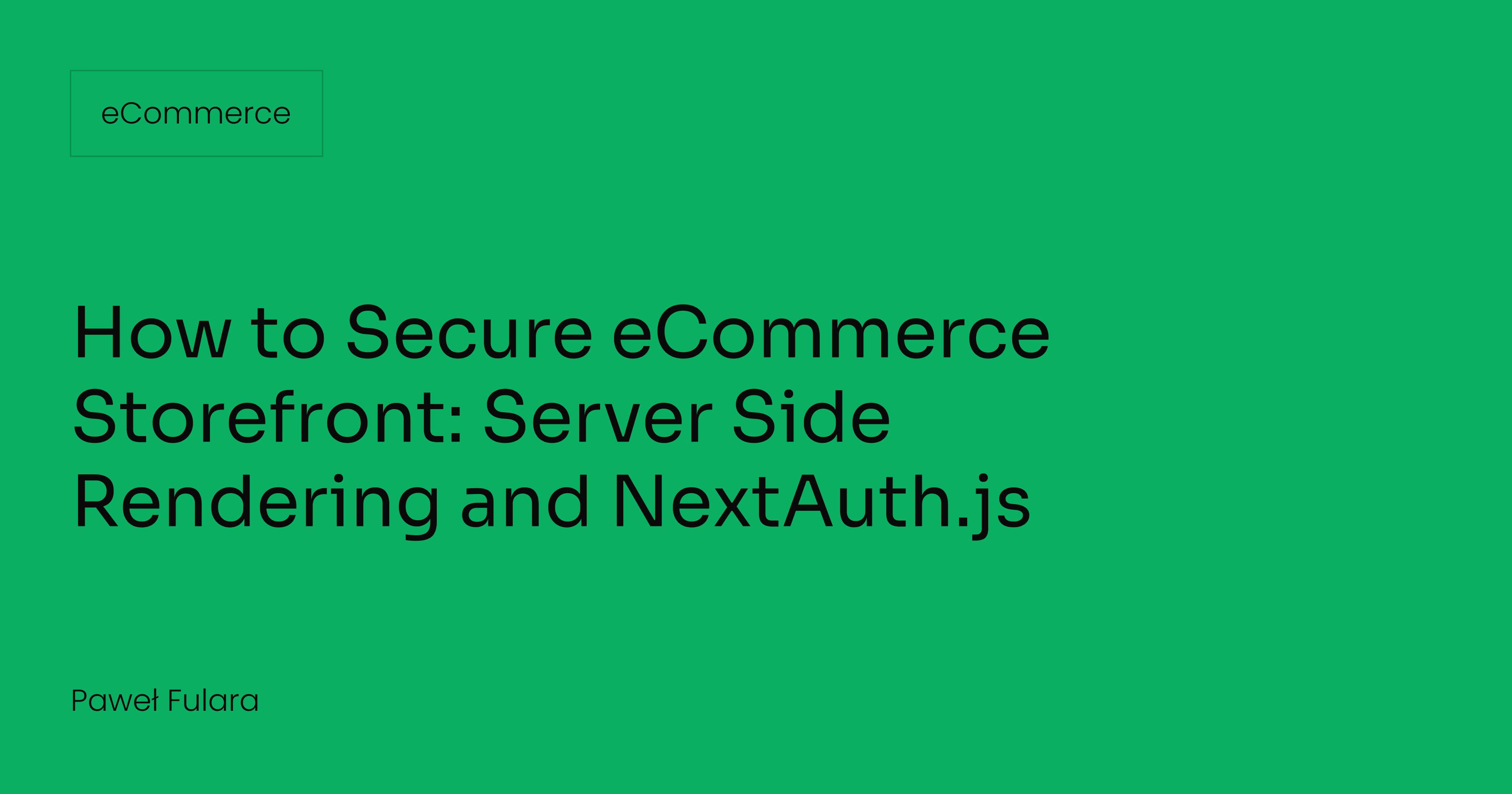Let’s talk about how we can build your commerce project — tailored to your business, powered by Rigby
The landscape of eCommerce is evolving rapidly, and the furniture industry is at the forefront of this transformation.
Product configurators, powerful digital tools that enable customers to customize furniture to their specifications, play a pivotal role in this evolution.
This article explores the profound impact of product configurators on the furniture eCommerce sector, demonstrating how they are revolutionizing online furniture purchases and driving increased sales.

Understanding Product Configurators
Product configurators are advanced software solutions that empower customers to personalize furniture items according to their unique preferences. Customers can modify attributes like color, material, size, and design in real-time, creating bespoke furniture pieces that align with their tastes and needs.
Recent research highlights the growing sophistication of these configurators, driven by advances in 3D visualization and artificial intelligence. About 60%, of people who buy stuff online are more likely to get something and 42% of them would pay more for the product if they can check it out in 3D or Augmented Reality (Source).
Additionally, the infusion of AI into product configurators has revolutionized the customization process by enabling intelligent recommendation systems that can suggest personalized configurations based on individual customer preferences and historical purchasing behavior. This integration of AI increase customer satisfaction, engagement and sales within the furniture eCommerce industry.
Impact of Product Configurators on Customer Engagement
Better customer involvement is crucial for successful online selling. By offering an interactive and customizable shopping experience, product configurators play a crucial role in boosting customer engagement and creating a strong emotional connection between customers and furniture brands.
According to Deloitte's findings, more than half of consumers lean towards purchasing personalized products and services. What's interesting is that they're not just inclined to pay 20% more for it, but they also want to actively participate in the customization process.
Moreover, 61% shoppers said they would choose to shop with stores that have AR (Augmented Reality) over those without it. (Source).
There is only one conclusion - AR is influencing customers behavior!
Boosting Conversion Rates through Product Customization
Conversion rate optimization (CRO) remains a top priority for eCommerce businesses.
By simplifying the customization process and providing a seamless user experience, product configurators effectively guide customers through the various stages of product selection and customization, leading to increased customer engagement and a higher likelihood of completing a purchase.
Furthermore, the intuitive interface and interactive design of product configurators have been found to foster a sense of confidence and empowerment among customers, encouraging them to explore various customization options and make informed purchase decisions.
Businesses incorporating personalized product recommendations and upselling strategies within the configurator interface have witnessed a significant increase in the average order value, resulting in a substantial boost in overall conversion rates.
According to Forbes, using 3D models instead of 2D static images has proven to be a game-changer for numerous brands, leading to a significant 40% increase in online conversion rates and a notable 30% improvement in average sales prices. By showing customers exactly what they're getting, brands are achieving an 80% reduction in online returns too.
And if you want to understand conversion and the factors that influence it - read our other article!
7 Advantages of Implementing Product Configurators
- Increased Customer Engagement: Product configurators provide interactive and personalized shopping experiences, resulting in deeper customer engagement with your brand.
- Increased Conversion Rates: Simplifying the customization process through product configurators leads to higher conversion rates.
- Higher Average Order Value (AOV): Personalized product recommendations within configurators contribute to upselling opportunities.
- Reduced Product Returns: Advanced visualization capabilities, including 3D models, result in a more accurate representation of products, leading to reduction in online returns.
- Improved Customer Satisfaction: Customization options in product configurators contribute to higher customer satisfaction.
- Data-Driven Insights: Product configurators generate valuable data on customer preferences and behavior. Leveraging this data allows businesses to refine their offerings and marketing strategies, contributing to long-term success.
- Competitive Advantage: Businesses embracing innovative technologies, such as AI-driven configurators, position themselves as industry leaders. Early adoption of advanced product configurators can provide a competitive edge in the market.
Overcoming Challenges with Product Configurators
While product configurators offer numerous advantages, they also present challenges that businesses must address.
- Implementing and maintaining advanced product configurators can pose technical complexities, leading to downtime and potential issues. However, regular updates, employing skilled IT professionals, and leveraging cloud-based solutions can mitigate technical challenges.
- Customers may not fully understand the capabilities of product configurators, leading to underutilization. Provide clear instructions, tutorials, and demonstrations to educate customers on the functionalities and benefits of using configurators to avoid this problem.
- Configurators may face performance issues, such as slow loading times or lags, impacting the user experience. To ensure smooth operation optimize code, use content delivery networks (CDNs), and conduct performance testing.
- Implementing product configurators can incur high initial costs, especially for small businesses. To manage costs effectively, evaluate the long-term benefits and consider scalable solutions.
- Seamless integration with existing eCommerce systems and databases can be challenging, causing disruptions and inefficiencies. To address this challenge, businesses can adopt a modular architecture approach. This involves breaking down the overall system into smaller, independent modules that can be developed, tested, and deployed separately. Each module, including the product configurator, can then be integrated one at a time, reducing the risk of system-wide disruptions. This modular approach enhances flexibility, allowing for easier updates and modifications to specific components without affecting the entire system. You can read about the technologies that will enable you to achieve this solution in the next section.
Overcoming these challenges can unlock the full potential of product configurators and deliver a seamless, engaging, and efficient shopping experience for their customers.
Endless Product Configurator Possibilities Thanks to Medusa.js & Next.js

The combination of Medusa.js and Next.js opens up a multitude of opportunities for product configurators. They will provide seamless integration without disruptions, due to their modular architecture.
With Next.js, we have the ability to craft an exceptional user experience (UX) on the frontend without encountering any limitations.
Medusa.js, on the other hand, complements this by providing the flexibility to tailor the configurator according to specific needs. For instance, within Medusa.js, it becomes straightforward to customize a user-friendly panel for generating diverse configurations and facilitating the upload of 3D models.
This collaboration acts as a powerful synergy, where Next.js establishes a robust foundation for the frontend, and Medusa.js allows for advanced customizations, enabling the full realization of the product configurator's potential and the creation of unique, personalized experiences for users.
What Benefits Debesto Derives from Using Product Configurators

Debesto is a company specializing in exporting windows, doors, roller shutters, and garage doors directly to construction companies, from Poland to any place in the world. They provides a case of how product configurators can revolutionize online sales.
We created a window roller shutter configurator for Debesto, that helps in selecting the right window roller shutter and then placing an order. The configurator is a one-page web application written in Next.js, which allowed us to ensure that the application would work quickly and be optimized for SEO. The application is integrated with an online store, so after configuring the product, the user can add it to the cart and place an order.
By integrating it into their eCommerce platform, Debesto achieved remarkable results. The configurator significantly shortens the entire process. The client can do it themselves or send a ready configuration to the agent. On the other hand, the application streamlines the agent's work process and makes their time more efficiently used.
Discover more about our collaboration through the case study!
Key Thoughts
- Product configurators are driving a revolution in online furniture purchases. They significantly boost customer engagement, conversion rates, and overall sales performance.
- Integration of advanced technologies such as AI and AR enhances the visualization and customization process, further amplifying their impact on sales.
- Real-world cases like Debesto underscore benefits of product configurators.
- While challenges exist, businesses can overcome them by focusing on technical improvements and optimizing the user experience.
- By using advanced technologies, such as Medusa.js and Next.js, furniture companies can maximize sales results and gain a competitive advantage in the dynamic eCommerce market.











